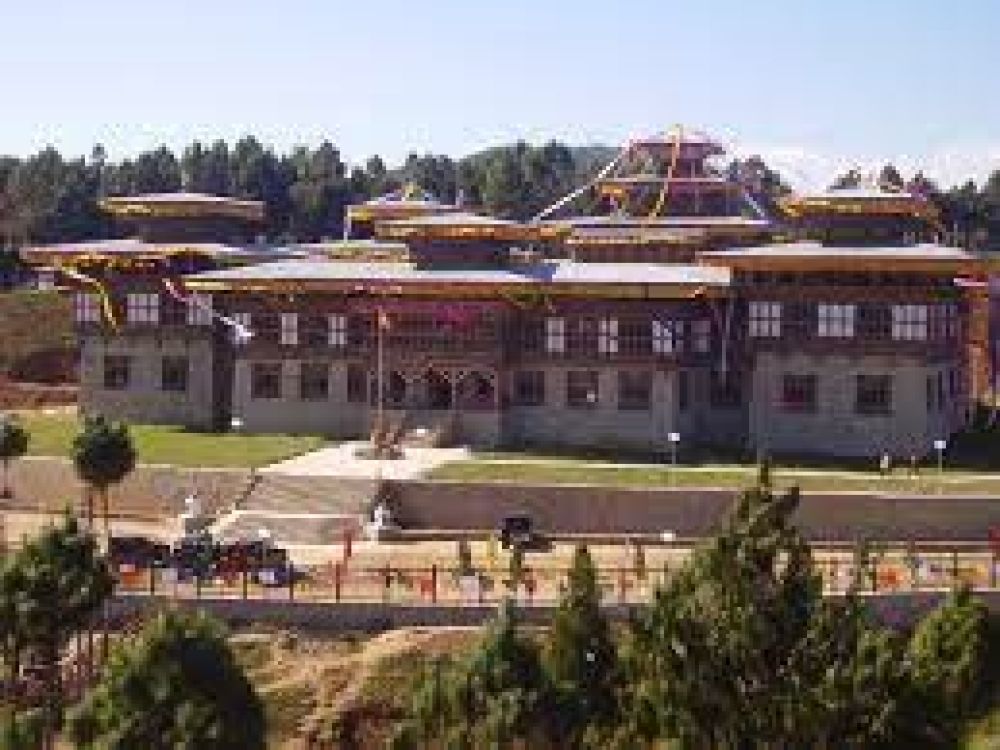

Nestled in the subtropical valleys of southern Bhutan lies the Tsirang Dzong, a Bhutanese gem that offers a unique and less trodden path for travelers. While tourism in Bhutan started gaining momentum in the 1970s, the history of tourism in Tsirang Dzong specifically, is more recent due to its more remote location and the government's efforts to control the impact of tourism on the country's culture and environment.
Despite the opening of Bhutan to the world, Tsirang Dzong remained relatively unnoticed by mainstream tourists for years. It wasn't until the Bhutanese government initiated a policy of 'High Value, Low Impact' tourism that visitors began to explore regions beyond the traditional tourist circuit, making Tsirang Dzong a hidden treasure for discerning travelers seeking authenticity and tranquility.
Gelephu is a small town that plays a significant role in the tourism of Tsirang Dzong. As one of the entry points into Bhutan from India, Gelephu serves as a convenient pitstop for travelers making their way to Tsirang Dzong. With the development of infrastructure and facilities, Gelephu has become a facilitator for tourism in the region, offering amenities and services to visitors seeking to experience the traditional Bhutanese lifestyle that Tsirang Dzong epitomizes.
In recent years, Tsirang Dzong has seen a shift in its tourism dynamics. The increasing demand for immersive and sustainable travel experiences has turned the spotlight on this region. As a result, Tsirang Dzong has gained popularity as a destination for cultural tourism, agro-tourism, and eco-tourism.
Cultural Tourism: Visitors come to experience the region's rich cultural tapestry, characterized by its festivals, rituals, and the warm hospitality of the local people. The annual Tsirang Tsechu festival is a profound cultural draw that showcases the spiritual richness of the region.
Agro-tourism: With its fertile land and agricultural practices, Tsirang Dzong is embracing agro-tourism. Tourists are invited to partake in organic farming activities, learn about traditional farming methods, and understand the Bhutanese way of life that is in harmony with nature.
Eco-tourism: The pristine environments surrounding Tsirang Dzong make it an ideal locale for eco-tourism. Treks through subtropical forests, bird watching, and exploration of the region's biodiversity are activities that appeal to the eco-conscious traveler. Bhutan's commitment to environment conservation ensures that tourism development is balanced with nature preservation.
Looking ahead, the future of tourism in Tsirang Dzong appears to be guided by principles that align with Bhutan's holistic approach to development, which includes environmental sustainability, cultural preservation, and socio-economic well-being. With a focus on responsible tourism practices, Tsirang Dzong is poised to become a model for rural tourism that benefits both the visitors and the local communities.